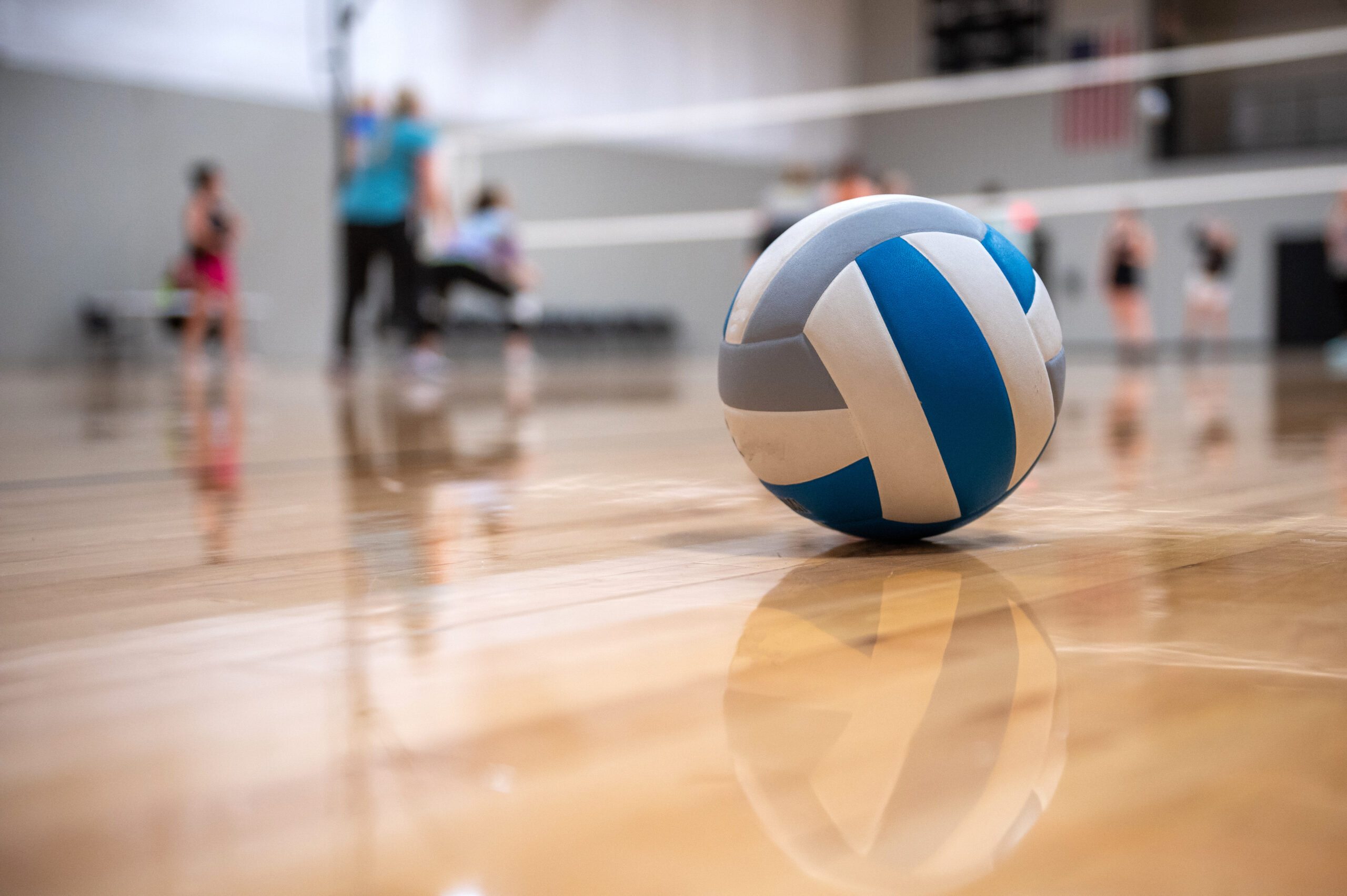The Early Lessons I Didn’t Know I Was Learning
Growing up, volleyball was more than just a sport for me—it was a way of life. I played competitively in high school and college, taking on the role of a setter. At the time, I didn’t think much about how it was shaping me. I just loved the game. But looking back now, as the co-founder and CEO of a growing radiology group, I see that the court taught me many of the lessons I now use every day in business.
The structure, discipline, communication, and trust that volleyball demanded of me became foundational pillars for how I lead and make decisions today. I didn’t go into medicine or entrepreneurship thinking I was drawing from my athletic background—but I was, constantly.
Leadership and the Role of the Setter
In volleyball, the setter is often called the “quarterback” of the team. You’re constantly scanning, strategizing, and setting your teammates up to succeed. You’re not usually the one making the kill shot, but your job is to put others in the best position to score.
That mindset carries directly into how I lead. Whether it’s in the reading room or the boardroom, my goal as a leader is to set people up to do their best work. I believe in putting the right players in the right positions—and then trusting them to execute.
Being a setter also teaches you to think fast, adjust in real time, and communicate clearly. In business, those skills are invaluable. Markets shift. Strategies evolve. Teams need clarity and quick decision-making. Volleyball gave me that mental muscle early on.
Resilience in the Face of Failure
Athletics teach you how to lose—and how to recover. Every athlete knows the sting of a hard loss or a game that didn’t go your way. But you learn to shake it off, learn from it, and come back stronger.
In entrepreneurship, failure is inevitable. I’ve made plenty of mistakes building our practice. We’ve had initiatives that didn’t work, hires that didn’t fit, and ideas that didn’t land. But what volleyball taught me is not to fear failure—it’s part of the process. What matters is how you respond.
That mindset has allowed me to approach problems with a sense of calm and focus, knowing that setbacks are not the end. They’re just part of the game.
Team Culture Is Everything
One of the most powerful things about sports is the sense of team. You win together, lose together, grind together. That spirit is something I’ve worked hard to carry over into our organization.
In our radiology group, we emphasize collaboration, respect, and a culture of support. I believe the best results happen when people trust each other and feel invested in a shared goal—just like on the volleyball court. A strong team culture doesn’t just make work more enjoyable; it makes the whole organization more resilient and effective.
What’s more, athletes understand roles. Not everyone is the star. Sometimes your job is to dive for the ball, not spike it. That humility and clarity about roles helps teams function with less ego and more purpose. It’s something I look for when hiring and building teams.
Discipline and Time Management
Balancing sports with academics as a student taught me time management in a way no textbook ever could. Between practices, games, travel, and classes, I learned how to prioritize, stay organized, and show up prepared. That same discipline has helped me in medicine and business.
Running a radiology group, managing philanthropic work, and being a present father and husband all require planning and focus. The muscle memory of disciplined routines that started with early morning workouts and late-night study sessions still serves me well today.
The Confidence to Take the Leap
There’s something about winning a tough match or coming back from behind that gives you a quiet kind of confidence. Sports teach you that you can handle pressure, think under fire, and bounce back from adversity. That confidence becomes part of who you are.
When I decided to co-found our radiology group, it was a risk. Starting something new always is. But I drew on the mindset I developed in sports: prepare as best you can, trust your instincts, and go all in. That belief in yourself doesn’t come from books—it comes from lived experience.
Full Circle: Supporting the Next Generation
Today, through our foundation, we support women’s leadership in elite sports—especially volleyball. It’s personal. I know firsthand how powerful the lessons of athletics can be, not just on the court, but far beyond it.
I want young athletes to know that the skills they’re building—resilience, leadership, discipline, teamwork—are preparing them for life in ways they may not realize yet. Whether they go into business, medicine, education, or anything else, they’re being shaped for success.
Volleyball gave me far more than a college experience. It gave me a foundation. And every day I walk into a meeting, lead a team, or make a tough call, I carry those lessons with me.
There’s a saying in sports: “You play how you practice.” In life, business, and medicine, I’ve found that to be true. The habits you build early—the way you show up for your team, the way you face challenges, the way you communicate under pressure—those habits define how you lead and live.
For me, volleyball wasn’t just a sport. It was a training ground for everything that came after. And I’ll be forever grateful for the lessons it gave me.
